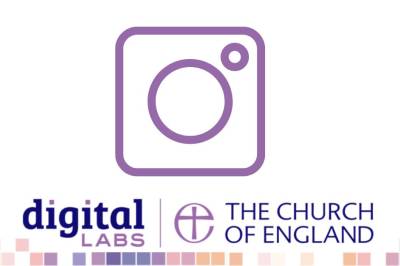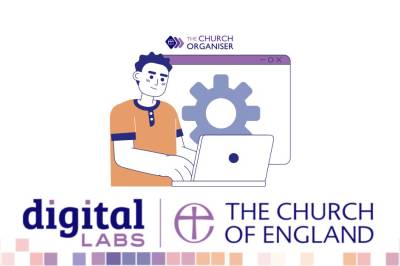13/10/2023
SEO stands for search engine optimisation and is the process of optimising your content or website to get increased visibility in organic (unpaid) search results, increasing the quality and quantity of traffic to your webpage.
The world of SEO is ever-changing and it can be complex. But by following a few best practices, you can produce engaging, quality content that will make it easier for search engines to crawl, understand and index your content and encourage your audience to stay on the website longer and explore further.
Keyword research
Keywords are the bedrock on which good SEO is built. After all, they are the search terms that your audience will enter into search engines to find the content that will answer their query. Keyword research provides great insight into those queries they are actually entering and will help you identify the best keywords to target, keywords that are relevant to your content and your organisation.
Keyword research is a big topic that is beyond the scope of this article but to get you started:
- Discover the keywords that you already rank for by entering your domain into Keyword Explorer or Google Search Console.
- Make a list of important, relevant topics. Use the tools mentioned in the previous bullet point to see how these perform.
- Know what keywords your audience is looking for. Incorporate them in your content as explained below. But don’t overdo it. Excessive repetition of keywords will have the opposite effect on SEO.
For example, if your toddler group in Maidstone is called Little Bears, you’ll want to make sure you are including the words ‘toddler group in Maidstone’ on your page as well as the name of the group – as that’s what people will often be searching for rather than ‘Little Bears’.

Write descriptive, accurate titles
Your title helps search engines identity and index your content better, which helps your audience find your content more easily. This is your opportunity to entice users to continue down the page so writing a descriptive, unique title that accurately describes what’s on the page is key. Include a keyword as well that your audience is likely to search for. Your primary keyword is enough – Google will penalise you for ‘keyword stuffing’. Shorter titles are better: a maximum of 70 characters is perfect.
Write compelling, descriptive meta descriptions
A meta description is a short summary of the content on your page. Whilst Google places less importance on the meta description when ranking content, well-written meta descriptions can have a positive impact on clickthrough traffic. Usually, there will be a section for you to add in your meta description in the back end of your website where you create a page.
Write a meta description that is unique and compelling. Add keywords but again, don’t over do it. And be concise. There is no limit on length but be mindful that Google shortens descriptions that go beyond 150 characters. No need to write War and Peace here – that’s what the rest of your page is for.
Break up your content
People have short attention spans: writing giant walls of text will switch your reader off and they will move on (the dreaded bounce rate).
Subheadings help to structure your content, helping your audience to digest it and making it easier for search engines to navigate the page and understand what’s on it. Break up your content in logical sections where appropriate.
Tag your images
Help search engines and screen readers (very important for accessibility) to understand your images by creating descriptive alt text. Search engines use alt text to assess how relevant the image you’re using is to the content on the page. You don’t need to use alt text if the image is purely decorative but otherwise try to accurately describe what’s going in the image as concisely as possible.

Load time – the time it takes for the entire page becoming available for the user to view – is also used by search engines as an indicator of quality. Large images can significantly impact your website speed and possibly your rankings. Reduce the file size of your image by using the Photos app in Windows 10 or Adobe Photoshop. Sharp, good-quality photos appeal to users more and can increase the likelihood of getting traffic. Ideally, the dimensions of your image should be a minimum of 1920 pixels wide.
So fresh, so clean
Content freshness is a Google ranking factor. Conduct a content audit once a year to ensure that your pages are up-to-date, relevant and accurate. And publish at least one new article per week. Keep the search engines interested.
The power of links
Links are one of Google’s top three ranking factors. Search engines use links as a signal of a website’s authority about a subject. But the quality of a link matters much more than the total number of links you have within your copy.
Link to other pages from your page, whether within your own website or externally, that are useful and advance the discussion of the topics explored on that page. And where relevant, have other pages within your website point to your page. A high number of internal links pointing to a particular page on your site will provide a signal to Google that the page is important, so long as it's done naturally and not in a spammy way.
And good content pays off. By creating unique, high-quality and relevant content, other websites will view you as an authority on a particular subject and link to your content, enhancing your reputation and increasing your popularity is search rankings.
Conclusion
You won’t become an expert in SEO by following these simple steps but by spending a little more time on improving your SEO, you can increase your search visibility and hopefully bring more visitors to your page. By producing great content, you could be well on your way to making Google sit up and notice.
- Joe Williams, Web and Apps Manager


